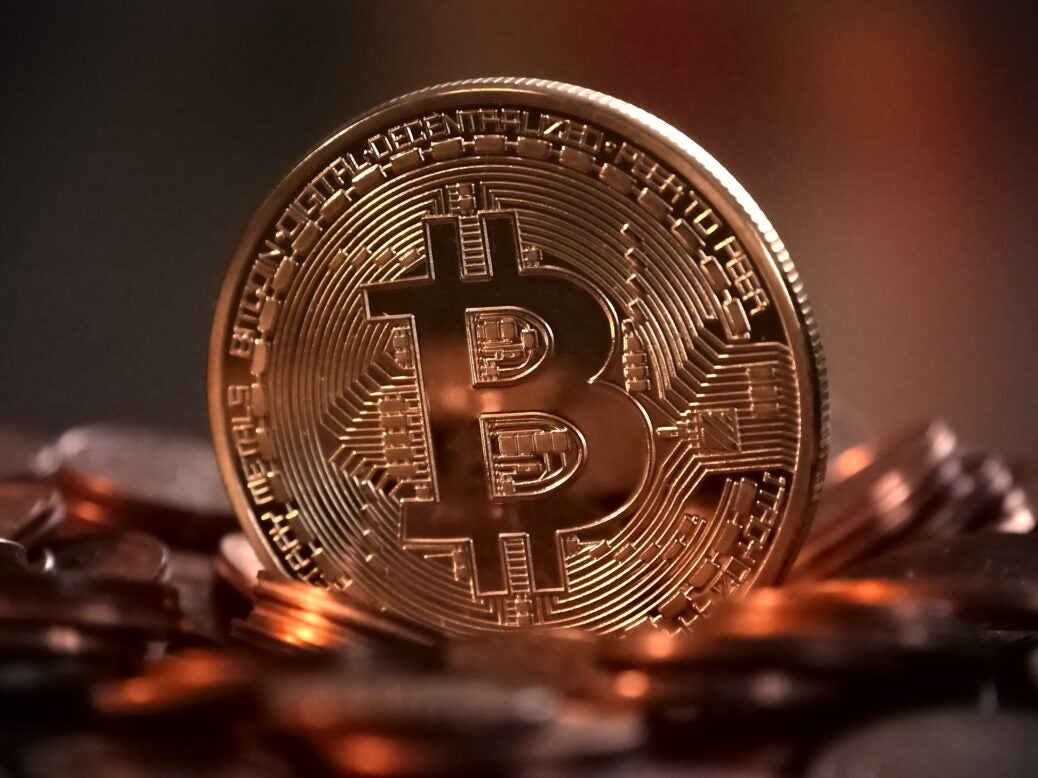
The value of the cryptocurrency Bitcoin keeps rising – but at what cost to the holders in the post-Paradise Papers era where anonymous transactions are under intense public scrutiny, asks Jessica Zimmerman
The ‘Paradise Papers’ is of course the big news story of the week. The extent to which offshore financial centres are used for tax avoidance (or even evasion) is one matter, but certainly for many, the driver is anonymity – both for genuine reasons and in some cases perhaps for more questionable reasons. How important is anonymity in global transactions and structuring these days and can you ever really be truly anonymous?
Bitcoin and other cryptocurrencies have again been in the news, as the value of a bitcoin soared above $5,000. One attraction of cryptocurrencies – aside from their growth potential and return on investment – is the anonymity they provide. If Alice pays Bob via a bank transfer, the bank knows the identity of both parties. In contrast, a transfer of Bitcoin or another cryptocurrency can be done entirely anonymously. This is valuable for legitimate transactions where parties value their anonymity, and not only for just for nefarious purposes.
There is an inherent privacy paradox in Bitcoin, the best known cryptocurrency. While Bitcoin has a publicly available ledger – known as the blockchain – a transaction cannot be attributed to a particular individual unless an individual’s wallet can be traced back to them. However, should that connection be made, an individual’s transactions are laid bare for all to see. For example, if Alice uses an exchange, online wallet or other infrastructure, then the provider of this service has information about her identity.
Various solutions have been developed to deal with this. For example, a ‘mixer’ is a device via which various users’ coins are intermingled, making it extremely difficult to trace ownership. There are alternatives to Bitcoin which promise greater anonymity, such as ZCash, Monero and Dash. However, the markets for these smaller currencies are less liquid, which may make it more difficult to sell them at the current price, and more difficult to buy options to hedge against adverse price movements. Some exchanges do not allow direct exchange of these currencies for fiat currency; instead users may have to exchange them for Bitcoin.
It is difficult to see, however, how a truly anonymous currency can ever be used for legitimate commercial transactions. Let us suppose, for example, that Bob runs a flower shop and Alice pays him in ZCash in exchange for the delivery of some flowers. In order to carry out the delivery, Bob needs Alice’s name, postal address and possibly other details. Bob therefore has his own record of this transaction, which Alice cannot delete. Even if Alice’s further transactions cannot be traced, Bob will know about this one. Therefore such a currency can be no more anonymous than using cash.
Therefore there seems to be a contradiction in the idea of an anonymous currency. Either it is not used for commercial transactions – in which case it is not really a form of money – or it is not anonymous. This is bad news for those who see cryptocurrencies as a way of being able to make transactions outside of the view of governments and financial intermediaries. But no amount of technological innovation can avoid the fact that, to be truly useful, money must interact with the real world.
Jessica Zimmerman is a senior associate at boutique private wealth law firm Maurice Turnor Gardner LLP






